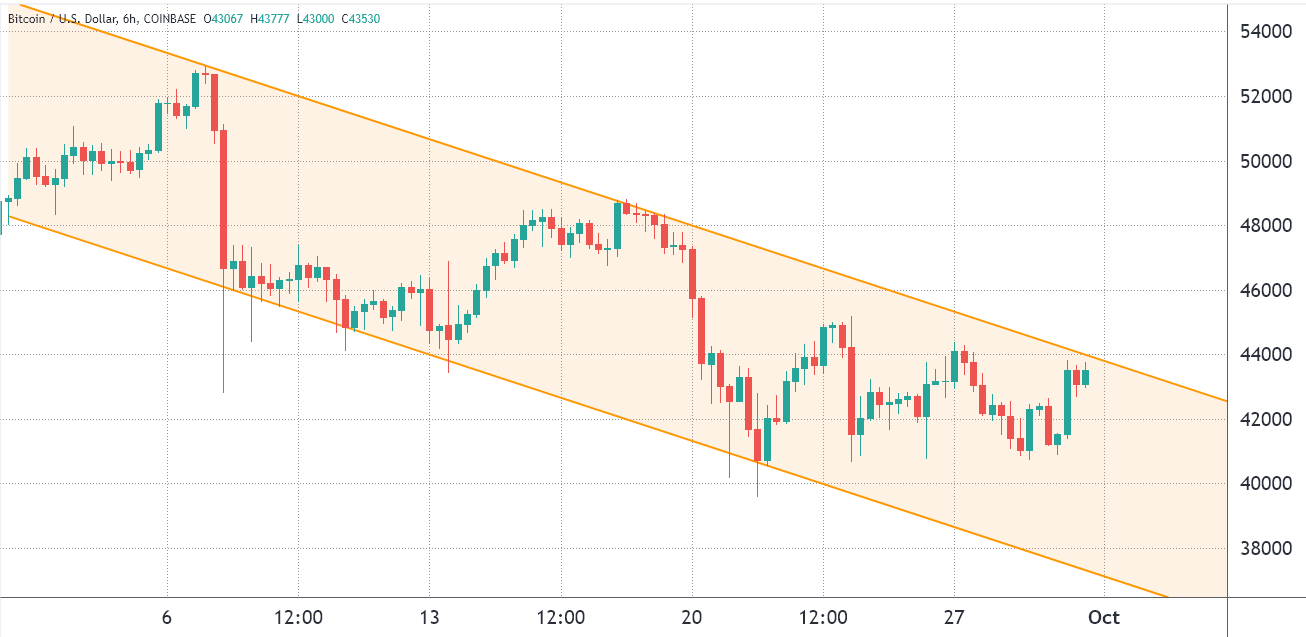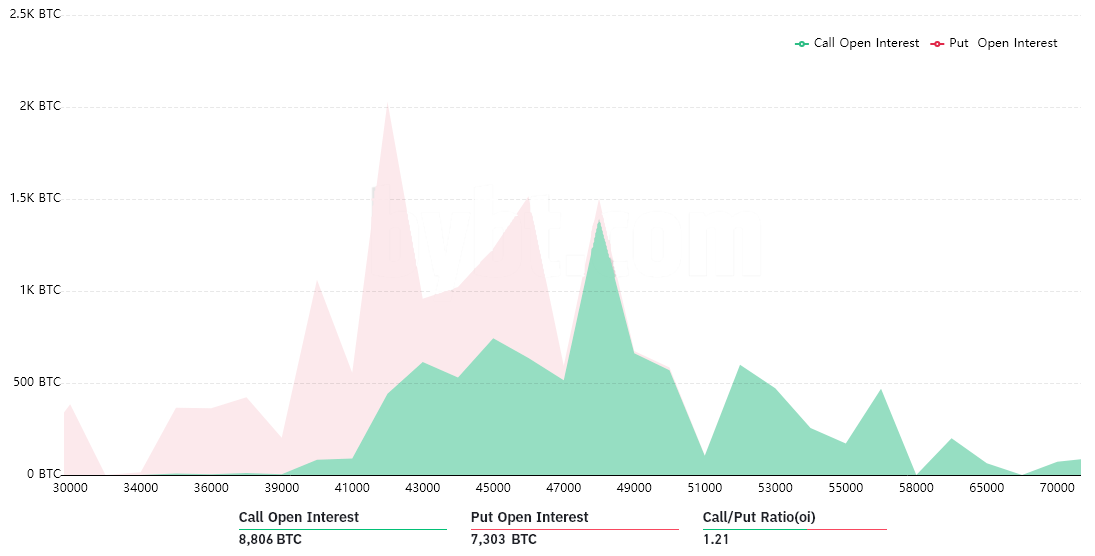Bitcoin (BTC) has been trading in a descending pattern since the strong $53,000 rejection that occurred on Sept. 7, and the $3.4 billion futures contracts liquidation along with China’s ban on crypto trading appear to have severely impacted traders’ morale.
Adding to the negative sentiment, major crypto exchanges like Binance and Huobi halted some services in mainland China, and some of the largest Ethereum mining pools, like Sparkpool and BeePool were forced to shut down completely.

On Sept. 25, the People’s Bank of China (PBoC) posted a nationwide ban on crypto and barred companies from providing financial transactions and services to market participants. The news triggered an 8% dip in Bitcoin’s price along with a broader pullback on altcoins.
The bearish sentiment was confirmed after Tesla CEO Elon Musk expressed his support for cryptocurrency at the Code Conference in California.
Musk said:
“It is not possible to, I think, destroy crypto, but it is possible for governments to slow down its advancement.”
Had we been in a neutral-to-bullish market, those remarks would likely have reversed the negative trend. For example, on July 21, Elon Musk said that Bitcoin had already hit his benchmark on renewable energy. As a result, Bitcoin price, which had previously dropped 12% in ten days, reverted the move and hiked 35% over the next ten days.
The Oct. 1 expiry will be a strength test for bulls because any price below $42,000 means a bloodbath with absolute dominance of put (sell) options.

However, the 1.21 call-to-put ratio is deceiving because the excessive optimism seen from bulls could wipe out most of their bets if Bitcoin price remains below $43,000 at 8:00 am UTC on Friday.
After all, what good is a right to acquire Bitcoin at $50,000 if it’s trading below that price?
Bears were also caught by surprise
Sixty-six percent of the put options, where the buyer holds a right to sell Bitcoin at a pre-established price, has been placed at $42,000 or lower. These neutral-to-bearish instruments will become worthless if Bitcoin trades above that price on Friday morning.
Below are the four most likely scenarios that consider the current price levels. The imbalance favoring either side represents the potential profit from the expiry.
The data shows how many contracts will be available on Friday, depending on the expiry price.
This crude estimate considers call (buy) options used in bullish strategies and put (sell) options exclusively in neutral-to-bearish trades. Unfortunately, real life is not that simple because it’s possible that more complex investment strategies are being deployed.
For example, a trader could have sold a put option, effectively gaining a positive exposure to Bitcoin above a specific price. Consequently, there’s no easy way to estimate this effect, so the simple analysis above is a good guess.
As things currently stand, bears have absolute control of the Oct. 1 expiry and they have a few good reasons to keep pressuring the price below $43,000.
Unless some unexpected buying pressure comes out over the next 12 hours, the amount of capital required for bulls to force the market above the $45,000 threshold seems immense and unjustified.
On the other hand, bears need a 5% negative price swing that takes BTC below $41,000 to increase their lead by $35 million. So this move also shows little return for the amount of effort required.
The bull’s only hope resides in some surprise positive newsflow for Bitcoin price ahead of Oct. 1 at 8:00 am UTC. If any sensible action is bound to occur, it will likely take place during the weekend, when there’s less active flow.
The views and opinions expressed here are solely those of the author and do not necessarily reflect the views of Cointelegraph. Every investment and trading move involves risk. You should conduct your own research when making a decision.









Leave A Comment